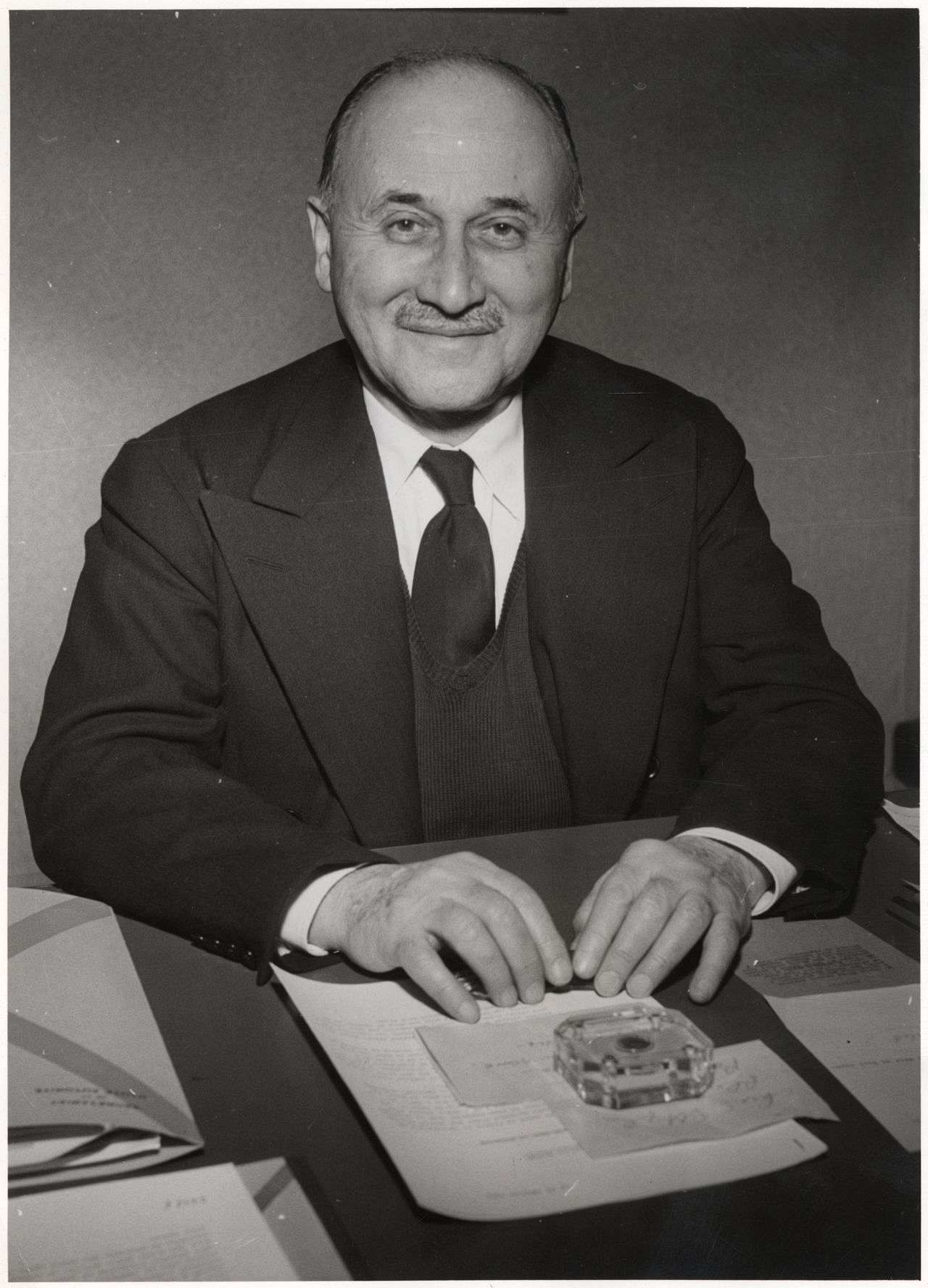An authoritative book on the art of diplomacy, written by the controversial goat of diplomacy himself, Henry Kissinger. Without a doubt my favorite book of all time. A masterpiece that provides a comprehensive overview of the history and practice of diplomacy, exploring its role in shaping the world order and the challenges it faces in the modern era!
Important insights:
- The book starts off interestingly by focusing on some of my favorite historical figures, Périgord, Metternich and Bismarck.
The book is a great introduction to the history of diplomacy, and the importance of diplomacy in the modern world.
Henry Kissinger's analysis suggests that the three major geopolitical forces of today, China, India, and the United States lack traditional diplomatic experience for various historical reasons. He argues that:
China has historically seen itself as a dominant power in East Asia and has focused inward, ignoring much of the rest of the world. This has shaped its approach to diplomacy as largely self-referential and centered on its own region.
India has a long history of regional division and was not a unified state until relatively recently in its history. This fragmented past impacts its approach to international relations, making it less experienced in the continuous practice of diplomacy.
The United States developed its foreign policy significantly during the Cold War, a period characterized by ideological conflict with the Soviet Union. This experience was less about traditional balance-of-power diplomacy and more about a binary, adversarial approach focused on ideological and strategic competition."
-
My favorite chapter so far is the one on the Congress of Vienna. It's a great example of how diplomacy can be used to shape the world order after a major conflict. Kissingers focus on how Napoleon III and Bismarck both wanted to destroy the status quo is incredible.
-
Furthermore, I have never been a fan of Napoleon III, but after reading this book those feelings have only been reassured. The 30 years war (1618-1648) gave France a 200 year dominance over Europe thanks to a weak Central Europe, but Napoleon III gave Bismarck the perfect excuse to unite Germany and create a strong Central Europe, permanently changing the balance of power in Europe and leaving France 'stuck' without any room to expand.
A valuable lesson explaining how wanting it all will give you nothing. Napoleon III wanted to change the Metternich system, but turns out France was the one benefitting the most from the system. He sped up the process of a unified Germany & Italy, which left France isolated. In my view, one of the most incompetent leaders in modern history. We can partly blame his incompetence for the two world wars.
-
Another interesting point, that really isn't revolutionary, but still worth mentioning, is the similarity between the British Empire and the United States. The question internally in both nations become when to play a role in geopolitical affairs. The only threat to Britain has always been a huge nation forming in Europe - Napoleonic France and Nazi Germany are good examples. When that isn't the case Britains focus was elsewhere (Colonialism for example). The situation today is worrying because the only threat to the US is a Eurasian juggernaut forming and that's certaintly the case today with Russia, Iran and China allying up. (Despite obvious historical grievances)
-
The more I study the more clear it is that luck plays a crucial part in almost all famous successes. True of Bismarck (only appointed because of meltdown in royal circles), true of the likes of SpaceX (an explosion away from bankruptcy) and Steve Jobs (tried to sell early and was turned down), true of Napoleon Bonaparte... We just don’t see all the stories of very able people trying really hard who get taken out by bad luck early in the story. Also though, everybody has bad luck and those who survive long enough to get good luck are very perseverant.
If you are a truthseeker like myself, I can only recommend you give this book a chance. It will open up more rabbit holes than you could ever imagine.




















